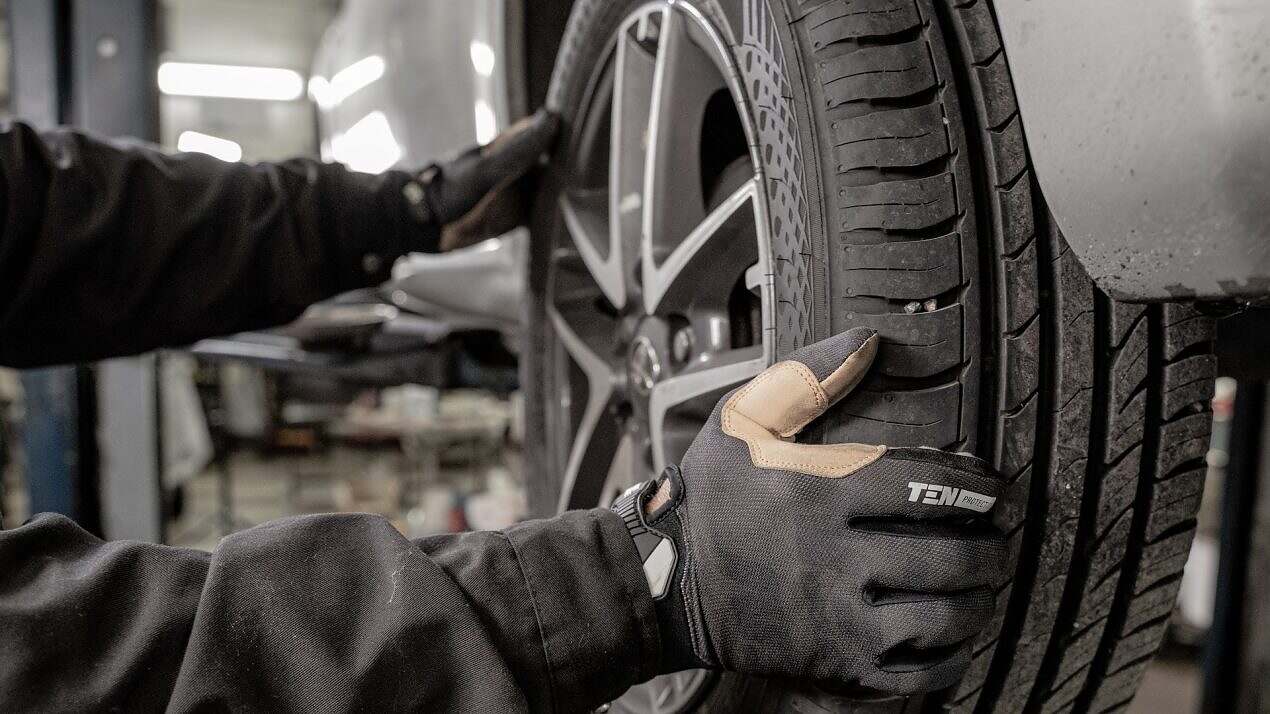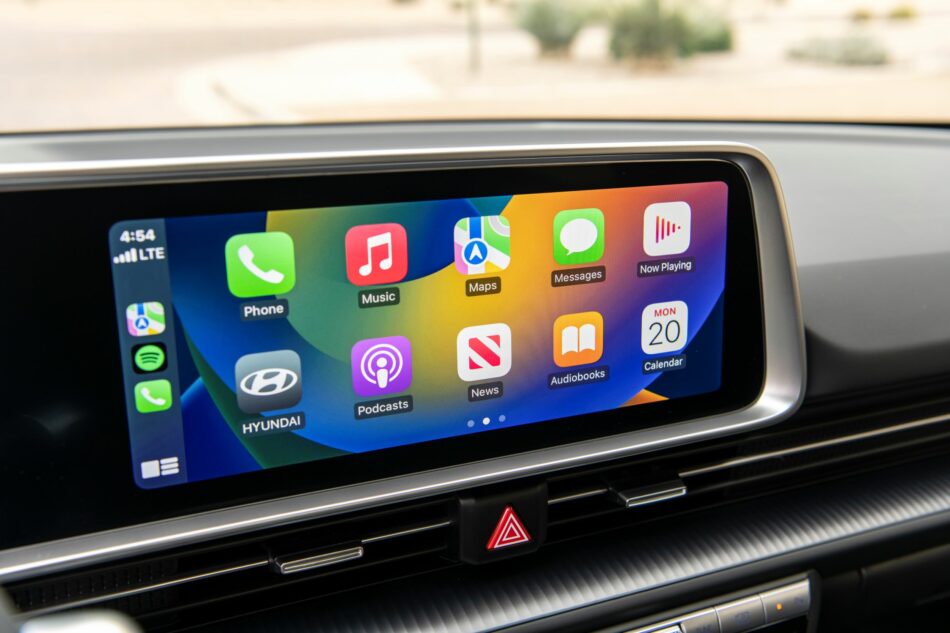Whether you’re driving a compact car or maneuvering a full-size SUV, maximizing your car’s gas mileage is an excellent strategy to save money and be eco-friendlier.
Also see: The most fuel efficient Gas-only SUVs
Controlling how efficient your car burns it’s fuel is within your power with a bit of imparted knowledge. Here, we’ll discuss three proven methods to help increase your vehicle’s fuel efficiency.
1. Regular Vehicle Maintenance
Regular vehicle maintenance is crucial for your car’s optimal performance. One of the ways to increase gas mileage is by paying close attention to your car’s health, which includes engine performance, tire pressure, and rust prevention.
Engine Performance
An efficiently running engine ensures you get the best gas mileage. It’s important to check and replace your air filters regularly and maintain clean fuel injectors. This also means timely oil changes to maintain lubrication and reduce engine friction, contributing to better gas mileage. Make sure you’re using the recommended grade of motor oil for your car. The Ultimate Guide to PHEV SUVs provides a detailed overview of how engine performance directly influences fuel efficiency.
Tire Pressure
Maintaining the correct tire pressure is another essential aspect. Improper tire pressure can increase road friction and fuel consumption. SUVs with better turning radius, such as those listed here, are known for their ability to maintain fuel efficiency, partly due to optimal tire pressure maintenance.
Rust Prevention
Rust can add extra weight and degrade your vehicle’s aerodynamics. Regularly washing and waxing your car can prevent rust from forming. Check out this guide for preventing rust on your car.
2. Smart and Efficient Driving
Believe it or not, your driving habits have a significant impact on your car’s fuel consumption.
Avoid Rapid Acceleration and Braking
Rapid acceleration and braking can quickly burn fuel. By practicing smooth, gradual acceleration and braking, you can significantly increase your car’s gas mileage. Some SUVs like the performance SUVs are designed with technology to enhance efficient driving.
Limit Use of Air Conditioning
Air conditioning is a significant contributor to fuel consumption. Try using the air conditioning sparingly, especially when you’re driving in the city.
3. Mindful of Weight and Drag
Being mindful of your vehicle’s weight and drag can significantly enhance your gas mileage.
Limit Car Load
The heavier your car, the more fuel it requires to move. Therefore, it’s good to keep your car light by removing unnecessary items. Remember, large SUVs can handle more weight but also require more fuel. For more details, read about the differences between compact SUVs and large SUVs.
Reduce Aerodynamic Drag
Roof racks and boxes increase aerodynamic drag and fuel consumption. When not in use, it’s best to remove them. Also, consider the car’s design; for instance, unibody SUVs are considered more aerodynamic compared to body-on-frame SUVs, as discussed here.
Conclusion: fuel is expensive 💵
Remember, improving your car’s gas mileage is not only beneficial for your wallet but also for the environment. So, why not give these strategies a try and make



